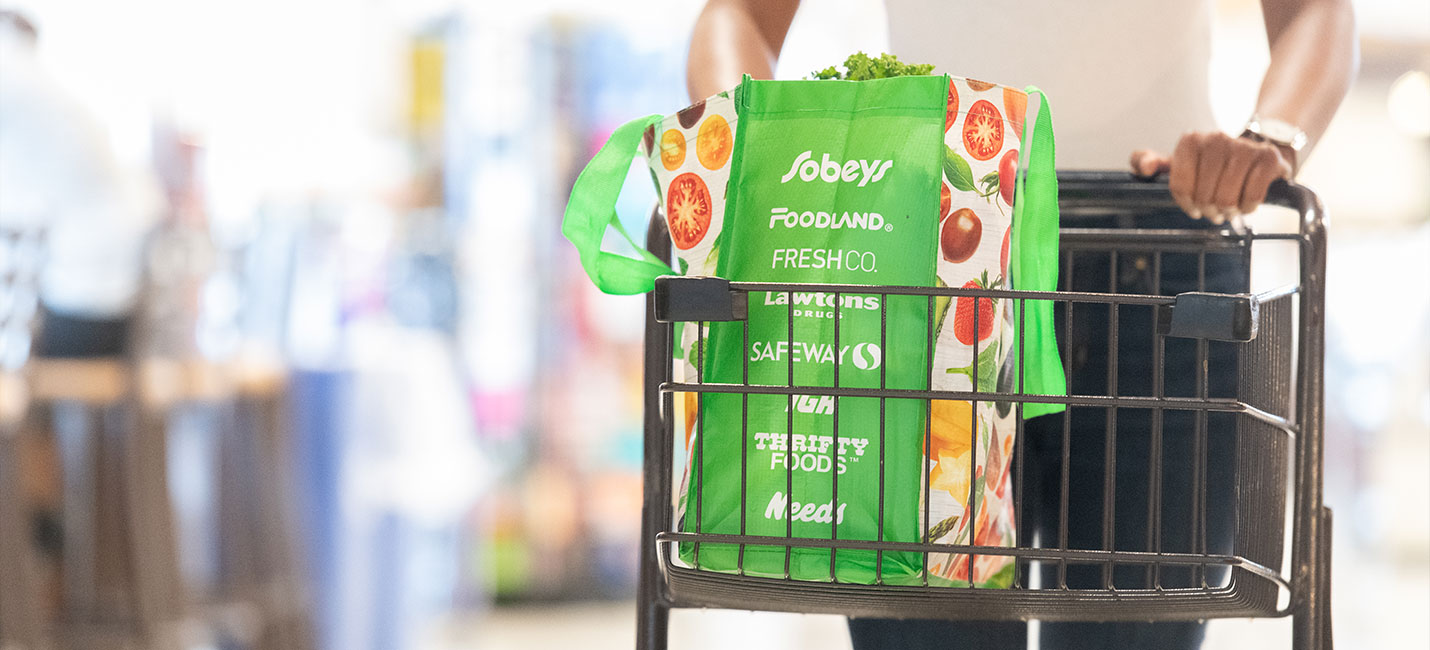
Importance of self-care over the holidays: The holidays are right around the corner and we all know this time of year can sometimes bring as much stress as it brings joy. This year, with the COVID-19 pandemic, the holidays come with a few extra unique challenges for many of us. It’s important for you to prioritize yourself and consider self-care. Without self-care, you may experience emotional, physical and mental exhaustion. The negative effects can impact various aspects of your life, including your home, work, and social life. It can also impact your physical health, affecting your immune system and making you more vulnerable to illnesses.
What are some common signs of needing self-care?
| Feeling exhausted or drained most of the time | Change in eating or sleeping patterns |
| Becoming ill more frequently | Increasingly negative outlook on life |
| Experiencing frequent headaches | Isolating yourself from others |
| Procrastinating/taking longer to perform tasks | Taking out your frustration on others |
| Feeling alone and detached | Feeling a sense of failure/self-doubt |
What can you do to incorporate self-care?
- Keep in touch with loved ones – This holiday season spending time in person with loved ones may be unattainable, however setting up virtual time, with family and friends can help you re-energize. Perhaps set up a Zoom or Skype call for you to gather your loved ones together this holiday season.
- Be selective about how you spend your emotional energy – All tasks absorb some of our emotional energy. Consider work and life tasks; which ones might require more of your emotional energy? If there’s an opportunity to re-prioritize tasks, then aim to re-prioritize.
- Reduce negativity - Identify sources of negativity in your life. It can be listening to the news, scrolling through social media, etc. Once identified, reduce the amount of time you spend on those activities.
- Spend time on purposeful activities – These can include: virtual volunteering, to support an organization, giving back to a charity, spending time with your kids or pets, etc. Find things that are meaningful to you and try to integrate them regularly.
- Eat healthy – Holiday treats are easy to indulge in and when we are stressed out, we tend to lose focus on our eating habits. Trying to find a balance between holiday goodies and eating healthy can be difficult. Try and incorporate more fruits, vegetables and wholesome meals whenever possible. Reduce refined sugars. Eating more nutrient dense foods will help you feel full longer and provide you with energy.
- Exercise – Physical exercise can be as simple as taking a 10-minute walk or an online class. Aim to get 30 minutes of exercise throughout your day – either broken up or at one time. Of course, it is important to respect social distancing best practices during activities.
Self-care at work:
- Ensure that you’re having regular one-on-one meetings with your leader. While the holiday season is busy for all our teammates, these important touch bases will help you remain connected with your leader and can provide valuable updates about your work status and the team as a whole.
- Have conversations with your leader about workload – During extended busy periods of time, it’s important to have open lines of communication with your leader and re-evaluate workload where possible. Say, “I’m finding that I’m overwhelmed by the amount of work I have on my plate, can we look at it together and identify if there are pieces that can be moved?” If you find that you have less work during this time, ask your leader about development opportunities online that you can engage in to keep productive.
- Remain solutions-oriented – Acknowledge that this situation/time is challenging and think about what is in your sphere of control. Think about solutions that would make your situation better and chat with your leader about it. Ask, “I’ve come up with a solution to streamline some of this work. Can I share it with you to see if it can be applied?”
- Be open – During your one-on-one with your leader, share how you are feeling and seek their support to incorporate more self-care into your daily routine.
- Use available resources such as the Employee and Family Assistance Program for additional support.
Access EFAP 24/7 through mobile app, by web or by phone. My EAP, workhealthlife.com, 1-844-880-9142
Reference:
Smith, Melinda, Segal, Jeanne, Robinson, Lawrence 2019. Burnout Prevention and Treatment. <https://www.helpguide.org/articles/stress/burnout-prevention-and-recovery.htm>
© 2021 Sobeys Capital Incorporated.